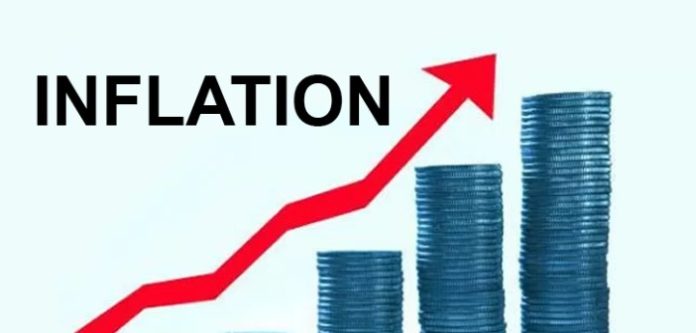Despite data from the Ghana Statistical Service (GSS) showing that inflation has hit a record low after rebasing, breaking a 27-year record, it will not be enough grounds for the Monetary Policy Committee of the Bank of Ghana to cut the policy rate today.
Inflation for August 2019 recorded 7.8 percent – the lowest since March 1992, using August 2018 as the new reference period. The new basket has 40 more items added, taking it to 307 items compared with the previous basket that had 267.
Although the rebasing has brought inflation even lower than government’s end-year target of 8 percent, it will not necessarily affect the Monetary Policy Committee of the Bank of Ghana’s determination of a new policy rate. Why?
The drop in inflation from 9.4 percent in July is just a result of rebasing, which essentially takes into account changes in consumption patterns that were not otherwise captured in the previous basket for computation. Therefore, it doesn’t necessarily mean inflation has dropped to 7.8 percent from 9.4 percent – a situation that would have made a strong case for a policy rate cut.
This argument is supported by the University of Ghana’s Director of the Institute of Statistical and Social Research (ISSER), Prof. Peter Quartey, who maintains that he does not expect the policy rate to be cut today, given other conditions necessary for such a decision are not favourable.
“The policy rate depends on several factors – exchange rate depreciation, GDP growth, and many other factors – so I don’t think the inflation alone can change the policy rate. I don’t foresee a reduction in the policy rate becuse it can have consequences on the exchange rate.
“Foreign investors who hold bonds on the local market might exit if you continue to drop your rates. In as much as government would like to lower interest rates, it has to be very cautious in trying to achieve that. So, I don’t expect a cut in the policy rate and I also don’t expect an upward change, because that one, too, is not in line with government’s medium-term objective of reducing cost of doing business,” he said.
Professor Quartey is not alone in predicting that the central bank will maintain the policy again. According to the Country Report of the Economist Intelligent Unit (EIU) for September 2019, factors such as depreciation of the cedi, the slow pace of fiscal consolidation and growth in private consumption will cause inflation to remain high, and this will affect policy rate decisions for the rest of the year.
If these predictions come true, it will mean that, for the fourth consecutive time this year, the policy rate has remained the same at 16 percent after it saw a 100-basis point cut in January – further dampening hopes the private sector might have for access to affordable loans from banks, as the policy rate determines, to a large extent, lending rates.
Source: B&FT Online





